The Parliament of Northern Ireland existed from 7 June 1921 to 13 March 1972. Its six Prime Ministers during this period were members of the Orange Order.
All Cabinet Ministers between 1921 and 1969, with the exception of three individuals, were members of the Orange Order. Of the 95 Members of Parliament who did not become Cabinet Ministers, 87 were members of the Orange Order.
Every Unionist Senator between 1921 and 1969 – with one exception – was a member of the Orange Order.
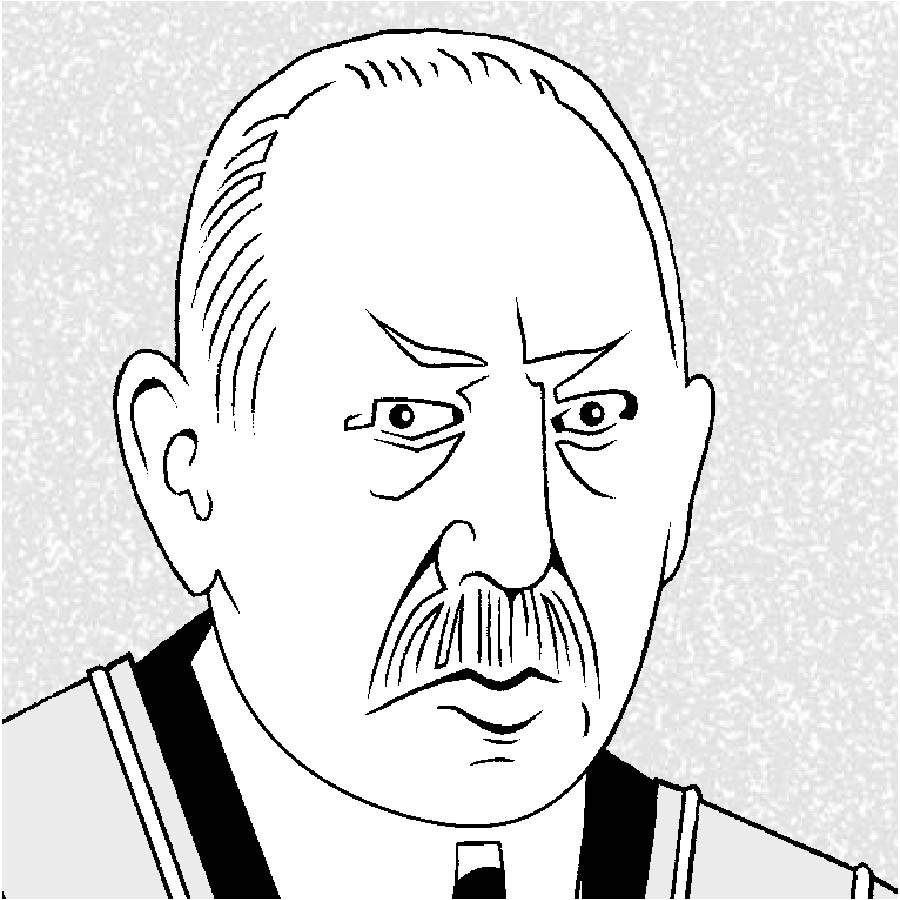
Sir James Craig, later Viscount Craigavon.
Prime Minister of Northern Ireland 1921 – 1940.
“It was Lord Craigavon, the fiercely anti-Catholic Prime Minister of Northern Ireland, who knowing nothing of Joe’s personal background, had asked him at a banquet, ‘Lyons, have you got many Catholics in Australia?’ ‘Oh, about one in five’ Joe replied. ‘Well watch ‘em, Lyons, watch ‘em,’ Craigavon had urged. They breed like bloody rabbits.’”
O’Dochartaigh (1994, p. 122) citing the memoirs of Dame Edith Lyons (‘So We Take Comfort’ London 1965, p.235).
“It is also from the ranks of the loyal Orange institution that our splendid RUC Specials have come.”
O’Dochartaigh (1994, p. 122) citing Belfast Telegraph 13 July 1922.
“I have always said that I am an Orangeman first and a politician and a member of this parliament afterwards… All I boast is that we have a Protestant Parliament and a Protestant state.”
Farrell (1980, p. 92) citing Northern Ireland Parliamentary Debates (Hansard) House of Commons, op cit, Vol. 16, Cols 1091, 1095.
“Orangeism, Protestantism and the loyalist cause are more strongly entrenched than ever, and equally so is the government at Stormont.”
Farrell (1980, p. 141) citing Newsletter 14 July 1936.
John Millar Andrews, later appointed Imperial Grand Master of the Grand Orange Council of the World.
Prime Minster of Northern Ireland 1940-1943.
“We could only take… those who are loyal.” J.M. Andrews speaking to Sir Wilfrid Spender about the number of Catholics in the higher branches of the civil service.
Barton (1988 p. 219).
“Another allegation made against the government, which is untrue, is that of 31 porters at Stormont 28 are Roman Catholics. I have investigated the matter and I have found that there are 30 Protestants and only one Roman Catholic, there only temporarily.”
Farrell (1980, p. 136).
“There are a few Orange Brethren who feel that we are exclusively a religious Order. While I agree that we are mainly a religious body, the Order has been in the front rank for generations in preserving our constitutional position. The Orange ritual lays it down that it is the duty of Orangemen to support and maintain the laws and constitution. It is fundamentally important that we should continue to do so, for if we lost our constitutional position within the United Kingdom ‘civil and religious liberty for all’ which we are also pledged to support would be endangered.”
Orange Order website. Accessed 19 Feb 2018.
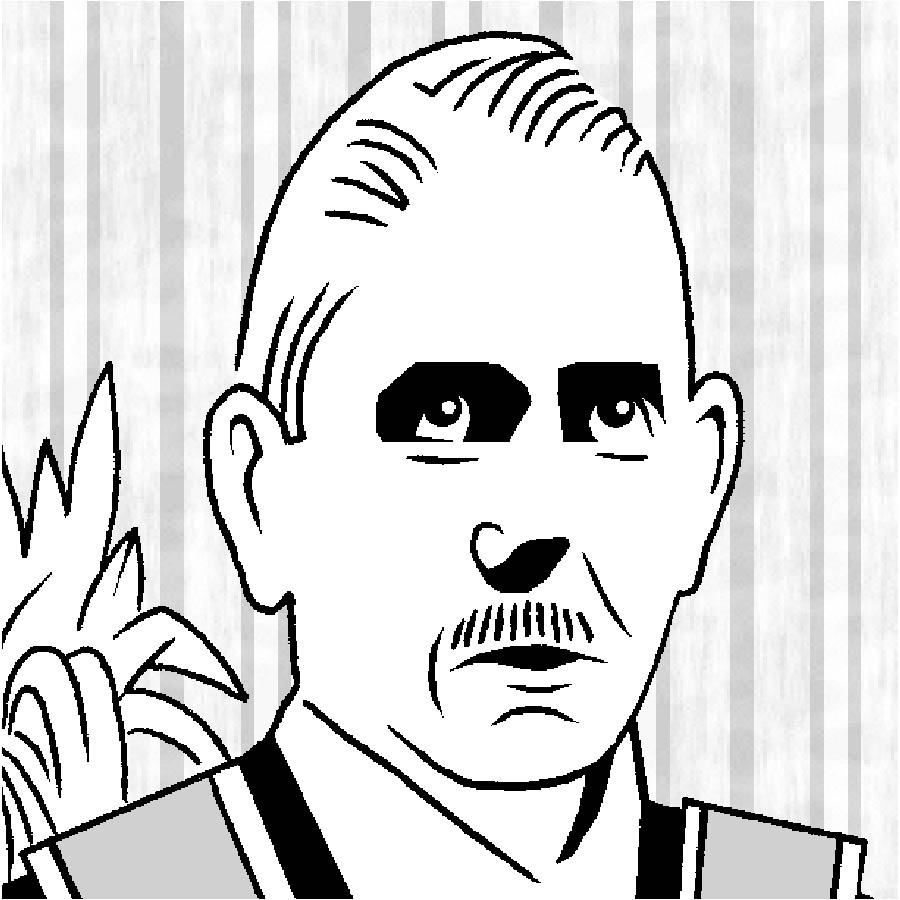
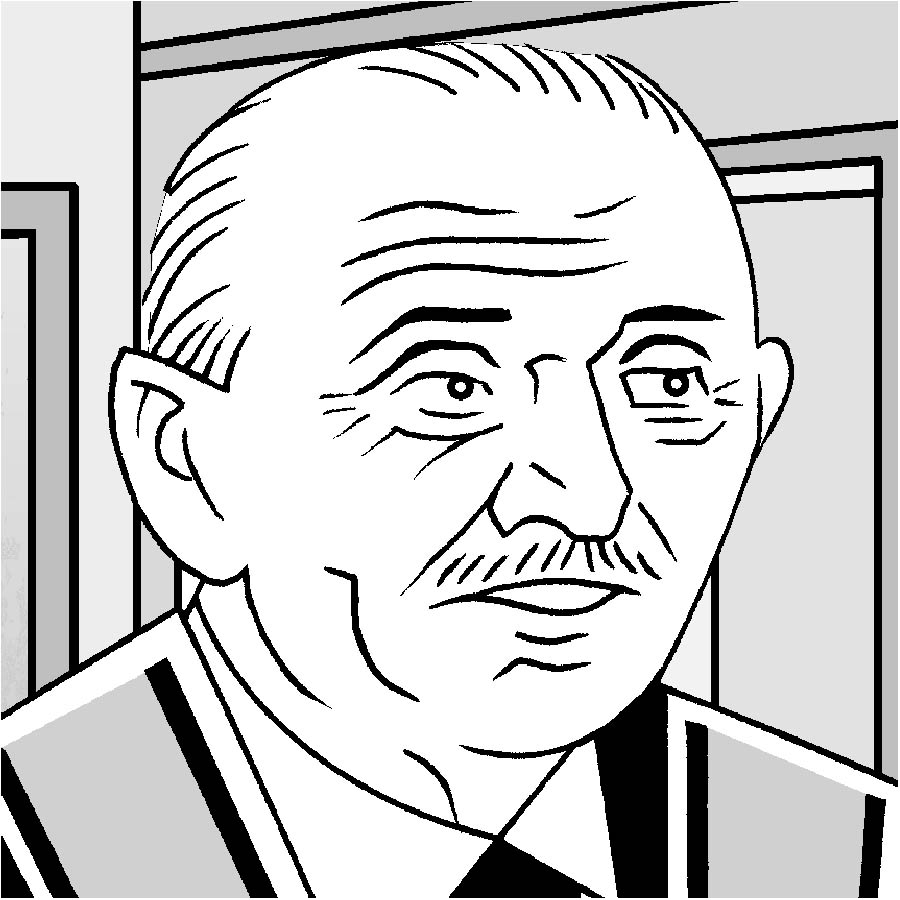
Sir Basil Brooke, later Lord Brookeborough.
Prime Minister of Northern Ireland 1943-1963
“A great number of Protestants… employed Roman Catholics… He felt that he could speak freely on the subject as he had not a Roman Catholic about his own place… He would point out that Roman Catholics were endeavouring to get in everywhere and were out with all their force and might to destroy the power and constitution of Ulster. There was a definite plot to overpower the vote of unionist in the north. He would appeal to loyalists, therefore, wherever possible, to employ protestant lads and lassies (cheers)… Roman Catholics… had got too many appointments for men who were really out to cut their throats if opportunity arose.”
Barton (1988, p 78) citing Fermanagh Times 13 July 1922.
“I recommend people not to employ Catholics… their religion is so politically minded… (they are)… out to destroy us as a body.”
Barton (1988, p 79).
“I recommend those people who are loyalists not to employ Roman Catholics, 99 per cent of whom are disloyal. I want you to remember one point in regard to the employment of people who are disloyal. There are often difficulties in the way but usually there are plenty of good men and women available and the employers won’t bother to employ them. You are disenfranchising yourself in that way. You people who are employers have the ball at your feet. If you don’t act properly now, before we know where we are we shall find ourselves in the minority instead of the majority.”
O’Dochartaigh (1994, p. 123) citing Londonderry Sentinel 20 March 1934.
Captain Terence O’Neill.
Prime Minster of Northern Ireland 1963-1969
“It’s frightfully hard to explain to Protestants that if you give Roman Catholics a good job and a good house, they will live like Protestants because they will see neighbours with cars and television sets. They will refuse to have eighteen children but if a Roman Catholic is jobless, and lives in the most ghastly hovel, he will rear 18 children on National Assistance. If you treat Roman Catholics with due consideration and kindness, they will live like Protestants in spite of the authoritative nature of their church.”
O’Dochartaigh (1994, p. 125) citing Belfast Telegraph 10 May 1969.
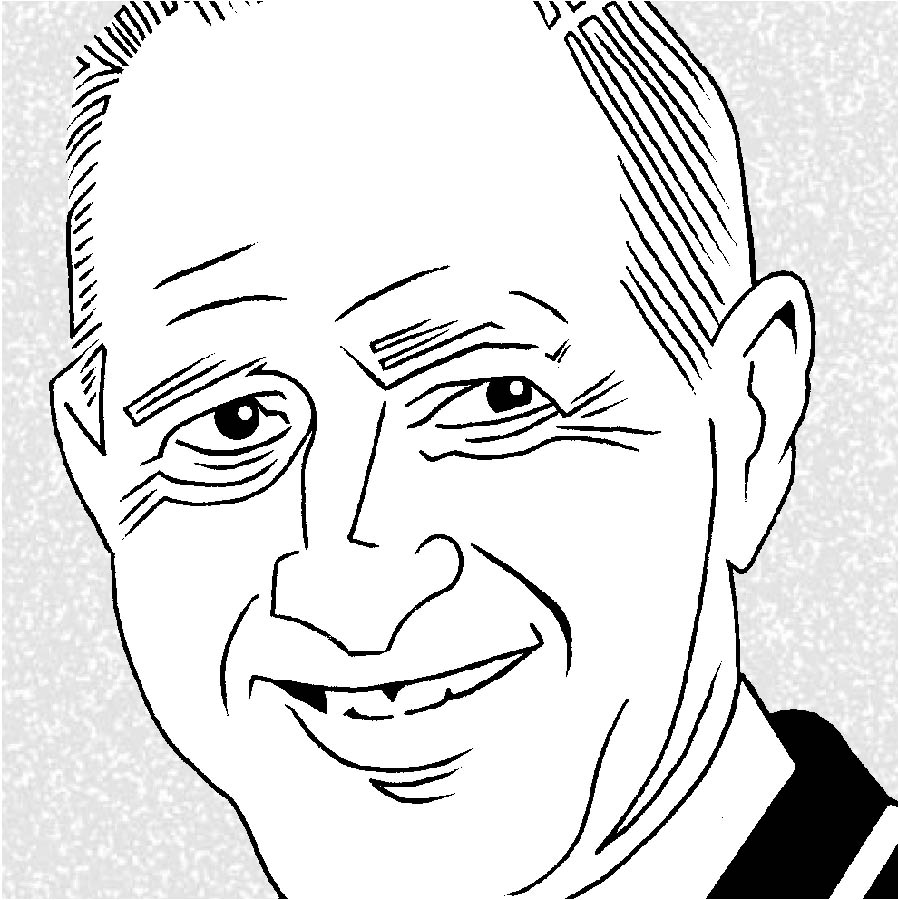
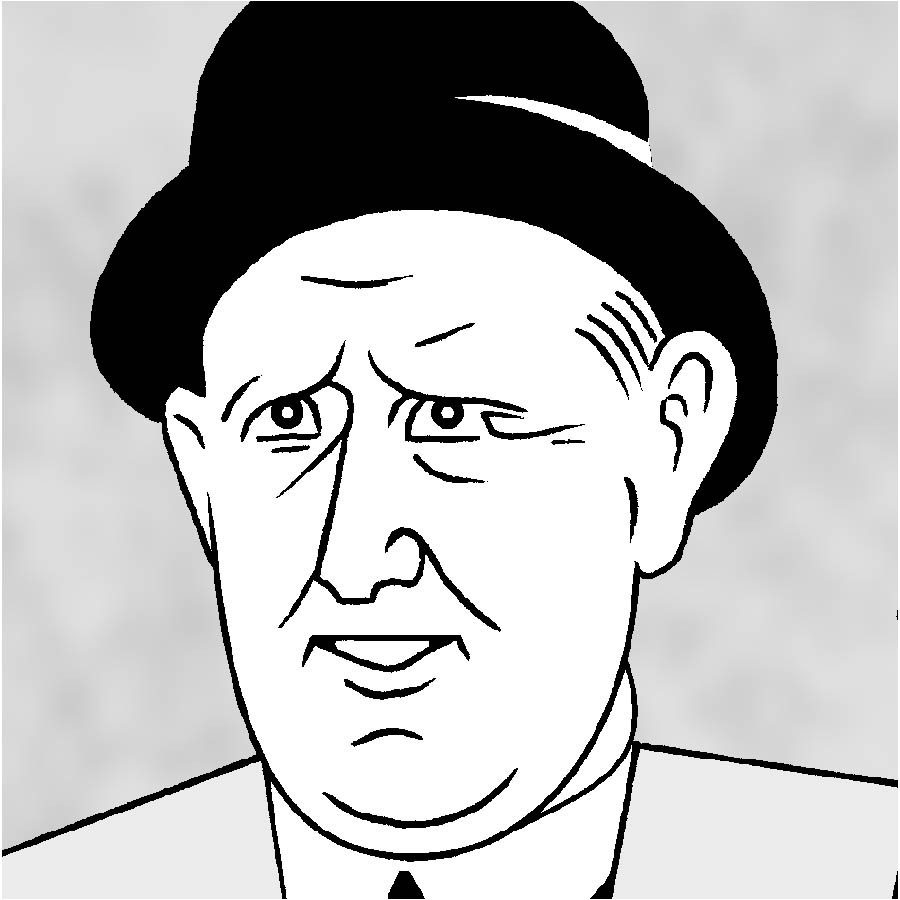
Major James Chichester-Clarke.
Prime Minster of Northern Ireland 1969-1971
“Indeed, I am proud to be in the (Orange) Order and those criticizing it know nothing about it.”
O’Dochartaigh (1994, p. 125) citing Irish Weekly 31 May 1969.
Brian Faulkner, later Baron Faulkner of Downpatrick.
Prime Minster of Northern Ireland 1971-1972
“They (Catholics) should understand that grave results would come from a continuation of the terror campaign.”
Boyd (1972, p. 25).
“It was time they (Catholics) settled down as law abiding citizens.”
Boyd (1972, p. 34).
“The Church of Rome, he warned, ran a worldwide organisation – the most efficient political undertaking in the world.”
O’Dochartaigh (1994, p. 124) citing The Northern Whig 13 July 1954.
“They (Catholics) must clearly understand that partition is here to stay. Raids will not alter our constitutional position.”
Boyd (1972, p. 34).
“Instead of always moaning and groaning, they (Catholics) should be glorifying in the achievements of this part of the world.”
Boyd (1972, p. 31).
“There is no reason why Orangemen individually and collectively should not interest themselves in the economic welfare of the community. I mean by that statement we should be anxious to find employment for our brothers.”
O’Dochartaigh (1994, p. 124) citing County Down Spectator 17 July 1954.
“Faulkner said from the platform that the parade along the Longstone Road was not ‘coat trailing’. The Orangemen, he said, did not walk to give offence to anyone but they would not yield ‘one iota’ of their freedom, nor would they tolerate threats of interference with their processions.”
Boyd (1972, p. 21).
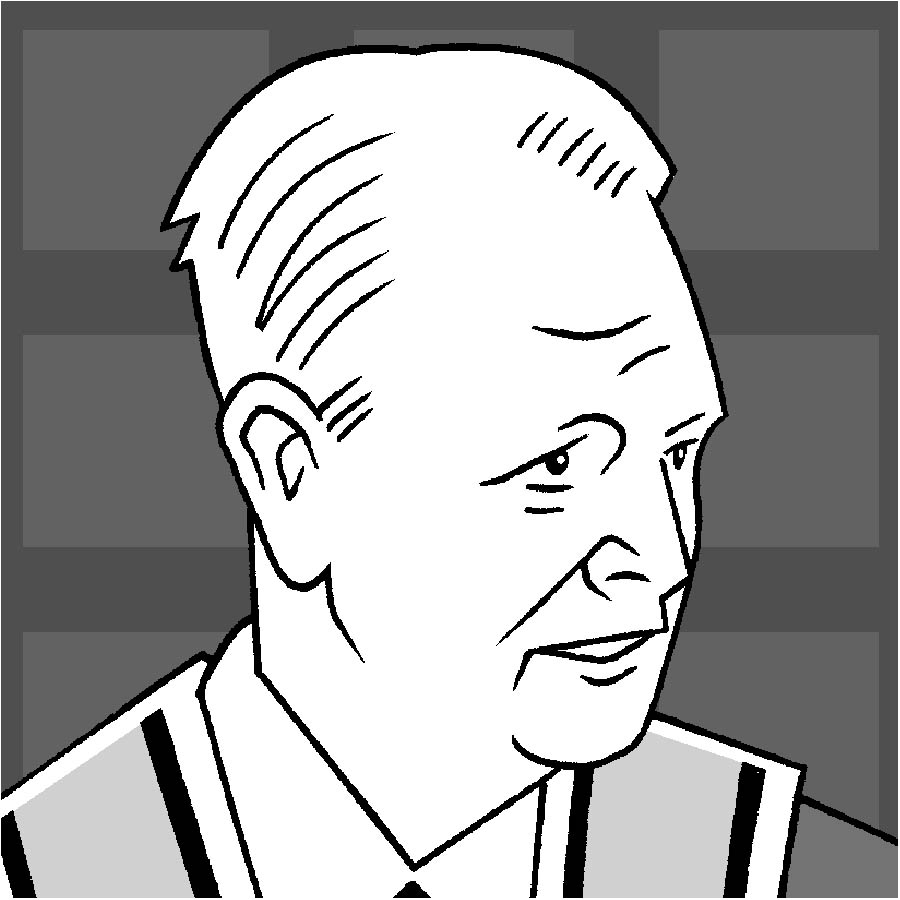
Full sources for the above quotations and extracts can be found here.